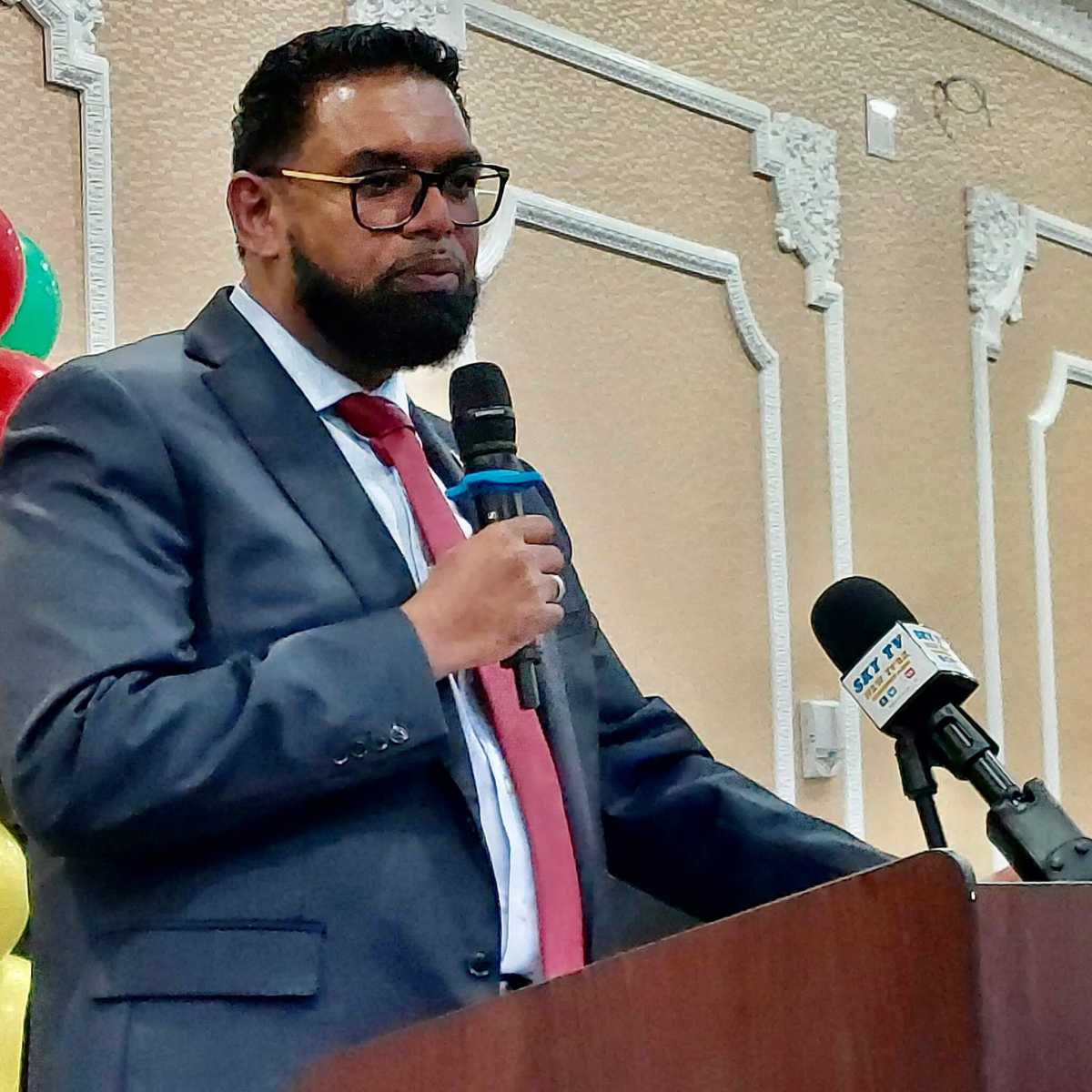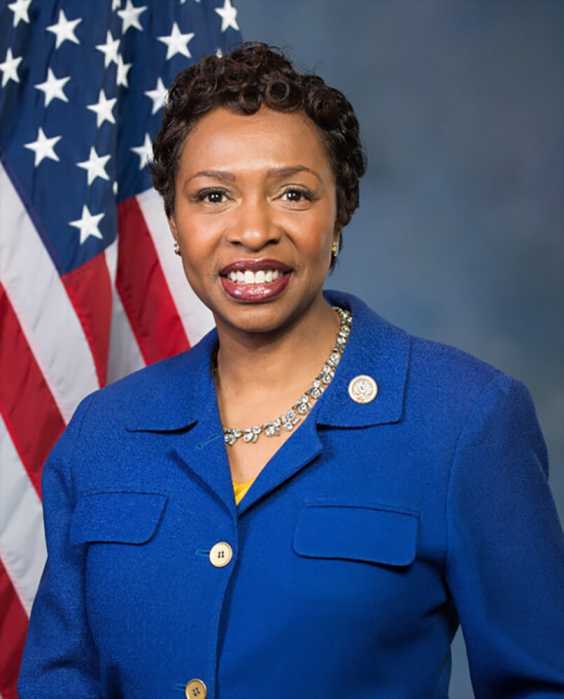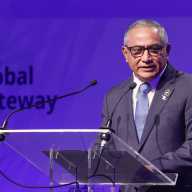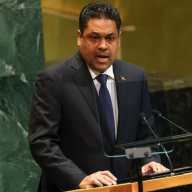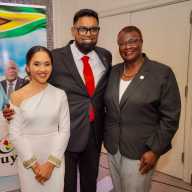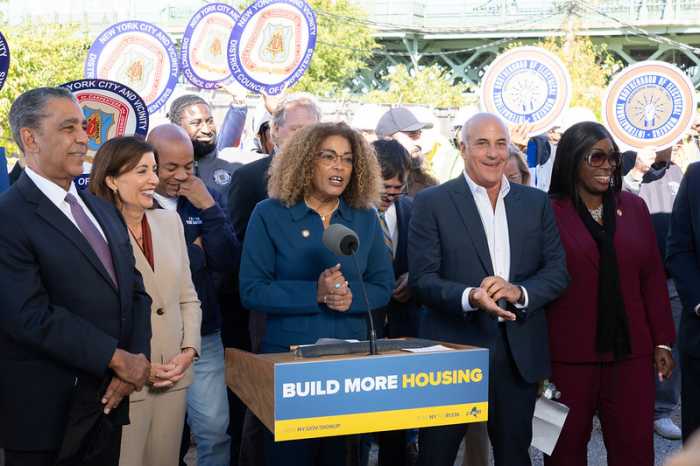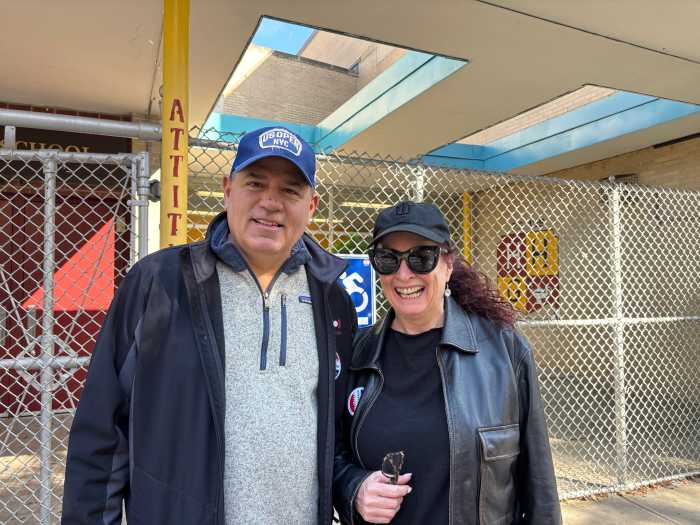The Guyana-Venezuela border row escalated significantly at mid-week with Venezuela ordering foreign companies working in the Essequibo region, which it claims as its own, to leave in three months even as it announced plans to set up a special military unit to deal with matters relating to the area.
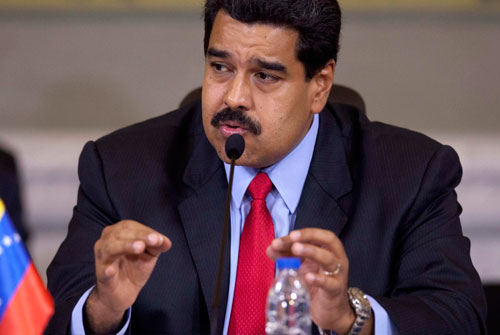
The bizarre announcement by President Nicolas Maduro came three days after Venezuelans voted in a controversial referendum to annex Guyana’s mineral and oil-rich Essequibo region, which it has for decades claimed as its own, despite difficulty proving its case at various forums including the World Court in The Netherlands.
Maduro announced the new measures late Tuesday, noting that “I propose a special law to prohibit all companies that work under Guyana concessions from any transaction. They have three months to withdraw,” he said. Several Canadian gold mining companies are working in the area, so are those from China and America. ExxonMobil which is producing 600,000 barrels of oil daily from three oil fields last month said it will continue to ignore any orders from Caracas and will press on drilling for producing oil and gas regardless of Venezuela’s posture to the area.
Reacting minutes later, Guyana’s President Irfaan Ali described the Venezuelan announcement as “unsettling” noting that “this is a direct threat to Guyana’s territorial integrity, sovereignty and political independence, and in violation of fundamental principles of international law enshrined in the UN and OAS Charters. The measures announced are in blatant disregard of the order given by the International Court of Justice on December 1, 2023. Guyana views this as an imminent threat to its territorial integrity and will intensify precautionary measures to safeguard its territory,” he said in a statement just before midnight.
Ali said he had already complained about the latest developments to the UN secretary general, neighboring Brazil, CARICOM nations and the US among others, adding that “the Guyana Defence Force is on full alert and has engaged its military counterparts including the US Southern Command. We will not allow our territory to be violated nor the development of our country to be stymied by this desperate threat,” he said.
Guyana is depending on the World Court to settle the case once and for all as Venezuela believes that it was cheated out of the region by an international boundaries commission in 1899 of which it was a part. Guyana has since taken its case to the court even as Venezuelans voted on Sunday not to recognize it or any decisions it hands down. “Nothing they do, however, will stop Guyana from proceeding with the case in the ICJ, or stop the ICJ from ultimately issuing its final judgment on the merits of the case,” Ali said.
Additional measures announced by Maduro include the creation of a defense zone involving three areas and 28 sectors to be administered across the border, while parliament will soon be asked to approve laws relating to the Essequibo. Vice President Delcy Rodriguez will create a new high commission for the defense of the region. Meanwhile, high official Alexis Rodríguez Cabello will be the sole authority of the Guayana Esequiba with its head office in the bordering Tumeremo district, while state run PDVSA will eventually begin the task of exploring for oil and gas. Schools and other institutions will publish and recognize new maps encompassing the area while officials prepare to hand out Venezuelan identification cards to Guyanese in Essequibo.
As the two sides verbally spar, Brazil has placed its military on alert to prevent Venezuelan troops from using its territory to enter Guyana. The US State Department through spokesman Matthew Miller said the US will “support a peaceful resolution of the border dispute between Venezuela and Guyana. The 1899 award determined the land boundary between Venezuela and Guyana should be respected unless or until the parties come to a new agreement or a competent legal body decides otherwise.”


